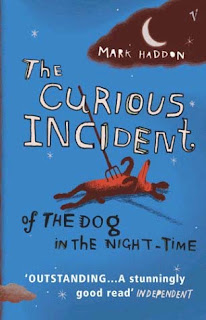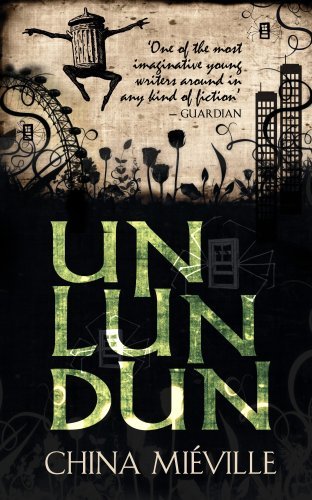I first read this book at the age of eleven after my older brother recommended it to me. His not being an avid reader led me to believe that there was something special about this book. I was not wrong. The book follows 15 year old Christopher Boone who describes himself as a "mathematician with behavioural difficulties". With Christopher's interesting view of the world propelling the plot forwards, I instantly fell in love with this book.
Upon discovering the body of Wellington, his neighbour's dog, Christopher takes on the challenge of unearthing the killer, not knowing where his new endeavor will lead him. Christopher's world is soon turned upside down when he discovers hidden secrets of much more importance than the identity of the dog killer. The reader is sucked in to Christopher's world, wanting to befriend him, to help him through this time of discovery in some way.
The teenage protagonist's attempts to relate everything in the world around him to maths made this book an instant favourite for both my brother and I, being the "maths heads" of the family. This book has stayed with me for years and is still being read all the time, impossible to put down once it has been picked up.
The teenage protagonist's attempts to relate everything in the world around him to maths made this book an instant favourite for both my brother and I, being the "maths heads" of the family. This book has stayed with me for years and is still being read all the time, impossible to put down once it has been picked up.















